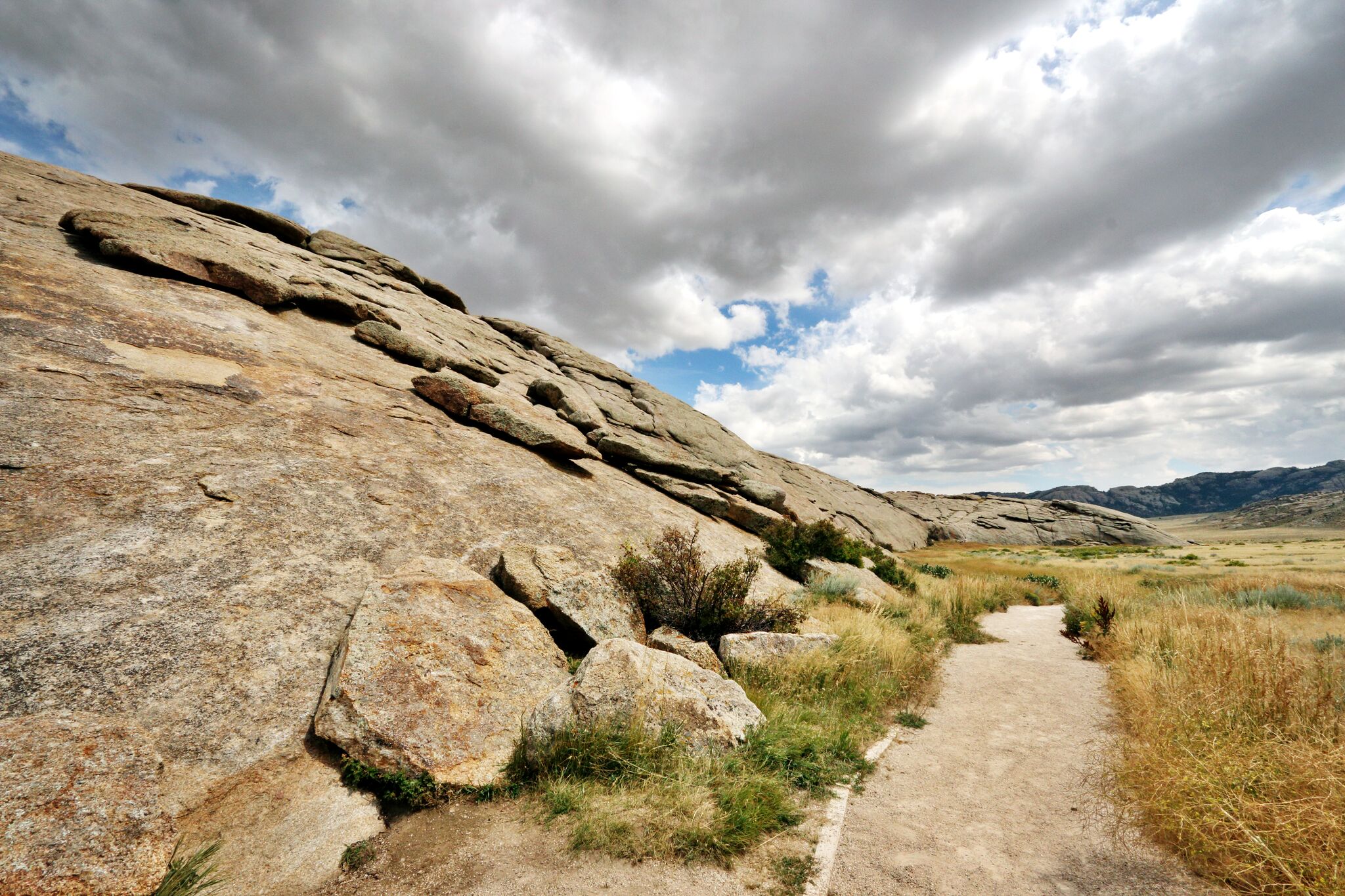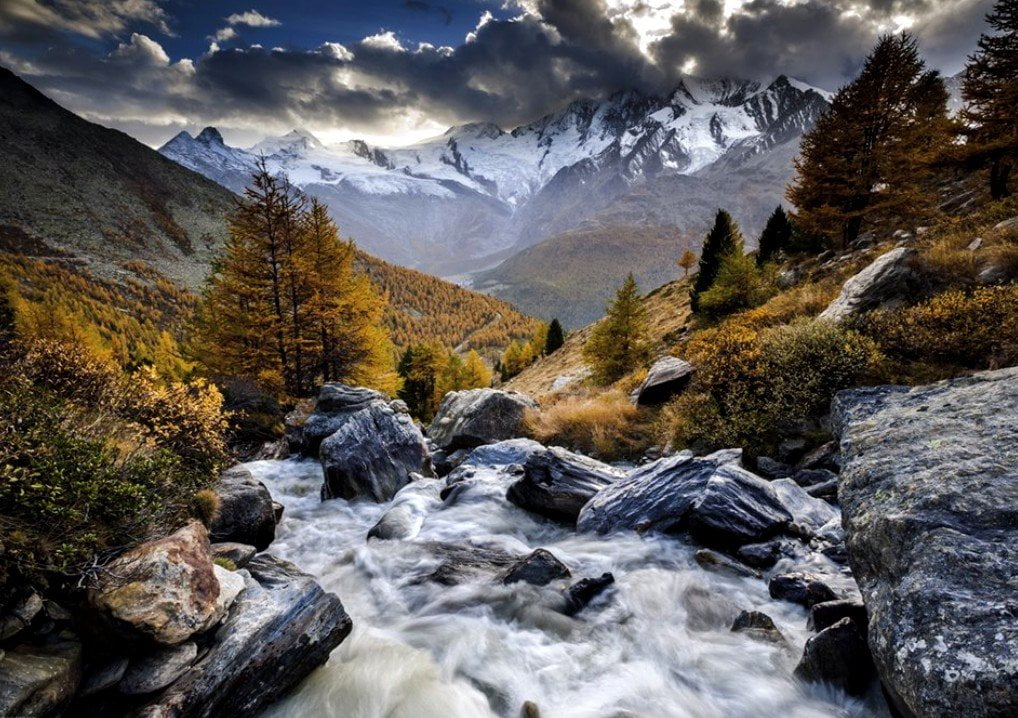There are hardly any of the indigenous Cornish, residing in the mining areas of Cornwall, who have not been raised with stories of forebears who emigrated during the Victorian and Edwardian periods. Most homes possess faded photographs of groups of well dressed, smiling Cornishmen in Batte, Montana, or a solitary, more serious pose in a studio on the Transvaal.
Social conditions, the high mortality rate due to a variety of diseases caused by lack of sanitation, failure of potato crops, bread riots, and depression within the mining industry drove many, reluctantly, to seek employment elsewhere. It was to America, Canada, South America, Mexico, Australia and New Zealand that thousands travelled in those early days, sailing from local ports and rivers on cramped vessels, sometimes unable to go on deck for a week or more when storms prevailed.
The newspapers of Cornwall regularly reported accounts of local emigrants, clutching a few belongings, sailing from the Fal, Falmouth, Hayle and Portreath etc. Some travelled as families, but the majority was miners who, once settled in the land of their choice later sent for their wives and children to join them. Many subsequently sent letters to their homes which were published in local newspapers telling of the advantages and disadvantages of emigration, of the hardships which they experienced and of death, riches and poverty.
One such letter was sent in 1851 to the Penzance based Cornish Telegraph by an un-named Penzance man in Indian Bar, 35 miles from Sacramento City. We have no details of when he sailed to America or where he landed. He appears to have been there for some time and was, perhaps, making his way from Wisconsin, Iowa or Nebraska to the gold fields of California. His route passed through Colorado, over the Rocky Mountains through Utah and Nevada, before crossing the heights of the Sierra Nevada to California. These were the pioneering days of the true Wild West, a land with no law except the six-shooter or bowie knife; a land to which the Cornish often brought some form of Christianity with their Methodism, and their unsurpassed skills of hard-rock mining.
Our writer set off on May 2nd, 1850 through hostile Indian territory where Pawnees regularly attacked emigrants and stole their horses. Most therefore travelled, for safety, in waggon trains “some with ten waggons, some with twenty and some as many as forty”. He, with seven others, probably mainly Cornish, decided to journey alone, walking all day, leading a heavily loaded wagon. By May 15th they had reached the timber made “Fort Kearney” situated on the Platte River where there was a fur trading post, and where “soldiers live in a few rudely constructed huts to protect emigrants”.
There they were joined by another waggon and followed the river for 150 miles, and in the absence of wood, lighting their fires with buffalo dung. At one point they marvelled at the sight of 10,000 buffalo grazing contentedly on the prairie. They shot one for food: “We took out his heart, cut off one of his hind legs, and left the remainder for the wolves.” On the 23rd May they met a tribe of battle-weary Tieux Indians who had just beaten the Pawnees in a tribal war but, thankfully, they passed peacefully by.
Their route took them across the Sweetwater River and passed the towering mass of Independence Rock “covered with the names of travellers who have crossed the Plains in recent years”.

By 13th June they went, with their heavy waggon, through a pass in the snow-covered Rocky Mountains, 7085ft. above sea level. Conditions changed on the other side to a desert 45 miles long, which they crossed “with no water, camping in the afternoon because of the heat”. On leaving the offensive temperatures they again encountered heavy snow before arriving at the expanse of Green River. There, a mercenary ferryman, taking advantage of the constant flow of emigrants to make himself a fortune, demanded 28 shillings for ferrying each waggon and 4 shillings for each horse. It was either a shortage of money or typical Cornish stubbornness which induced them to fell trees, make their own raft, and ferry their waggons across themselves and then to swim across with the horses!

By 24th June they came to some springs “naming them ‘Beer Springs’, as they tasted like Soda Water”. Fresh drinking water was a constant problem, and they later had to melt snow to drink. At Humbolt’s, or Mary’s River, they encountered another party of Indians of the Root tribe, notorious for stealing horses from waggon trains. They camped on the night of 23rd July, leaving a young Scotsman on guard. His vigil was suddenly stopped by an arrow in his chest from which he lingered for three days before dying. The Indians swooped, making off with a pony, and the following day they were forced to lighten the waggon by throwing away some of their belongings, including good clothes.
In incredibly hot and dusty conditions, with the Indians ever hovering, they travelled in the cold of night, having at this stage only three hours sleep in twenty-four. It was a barren, arid landscape, with the emigrant trail littered “with dead and decaying horses, mules and oxen” for 100 miles before they arrived at the “Meadow” where an encampment of fellow emigrants waited, with several hundred head of horses and cattle, to cross the desert. They pushed on, in tremendous heat, “walking as much as 50 miles, parched with thirst” before their provisions ran out on 26th July “but bought some flour for 5 shillings a pound and made some gruel” to survive the daunting task of crossing the towering mountains of Sierra Nevada, which lay ahead.
They urged their sweating, struggling ponies to haul the heavy, creaking and swaying waggon up the first stage of the long climb; at one point the boulder strewn track was almost perpendicular for one and a half miles, but with great effort they succeeded. The next mountain was six miles high with snow 10 feet – 20 feet deep; but again, they conquered the hostile conditions but had to sell one of the ponies for 50 shillings worth of provisions.
By 2nd August they arrived at Wemerville and then went on to Harrytown, both areas where all and sundry were panning for gold. “Both places being rudely constructed of logs, and some living in tents. At these places many have made fortunes, gambling is carried on here to a large extent. At night, the tables are covered with silver and the music strikes up to entice the poor miners who, after working like slaves all day in the hot sun, will go, and at a single game of cards, will throw away a fortune.” Our Penzance man and his group were obviously too wise to get involved in this gambling mining-camp and decided to move. They sold their ponies there and left, on foot, on August 5th with their bedding and cooking utensils on their backs, to walk 50 miles to the River Cosma where, almost exhausted, they camped at another mining area.
Diarrhoea then struck our writer down and he was unable to work for a week – “far away from friends, no doctor, and the coarsest kind of food, with no shelter but the canopy of heaven”. His bedstead was made of a pile of stones and sand covered with a buffalo skin, “our covering a pair of blankets, our pillow a big stone. My bones are so sore at night I can scarcely suffer to turn from one side to another”.
He now had to buy tools and equipment to find gold. With so many diggers, prices were exceptionally high and took all the money he possessed – a shovel 35 shillings, pick 24 shillings, a cradle for sifting the ore £5, a wash-bowl 10 shillings and a dipper for the cradle 5 shillings – all of which, in Cornwall would have cost 15 shillings!

Working with two others, they made £50, which only paid for their board because of the high cost of food. All three then became ill, with no income, and one eventually left for San Fransisco. With no tent, when it rained, he fixed a sheet for shelter. He ended his letter on a despondent note: “I have not slept with my clothes off since the beginning of March. I was going to build a log cabin but moved on to Dry Creek.”
We will never know what became of this Cousin Jack; he might have settled and made himself a fortune, or perhaps died penniless, to be buried on some remote Boot Hill cemetery so distant from his home in West Cornwall. There were thousands of Cornish who experienced such hardships. Salt Lake City, Dodge City, Tombstone, Globe (Arizona) Virginia City, Grass Valley – all of these tough pioneering towns of Hollywood fame, were at one time household names to Cornish mining communities.
Grateful thanks to the Cornwall Local Studies Library, Redruth, for the use of newspaper microfilms.